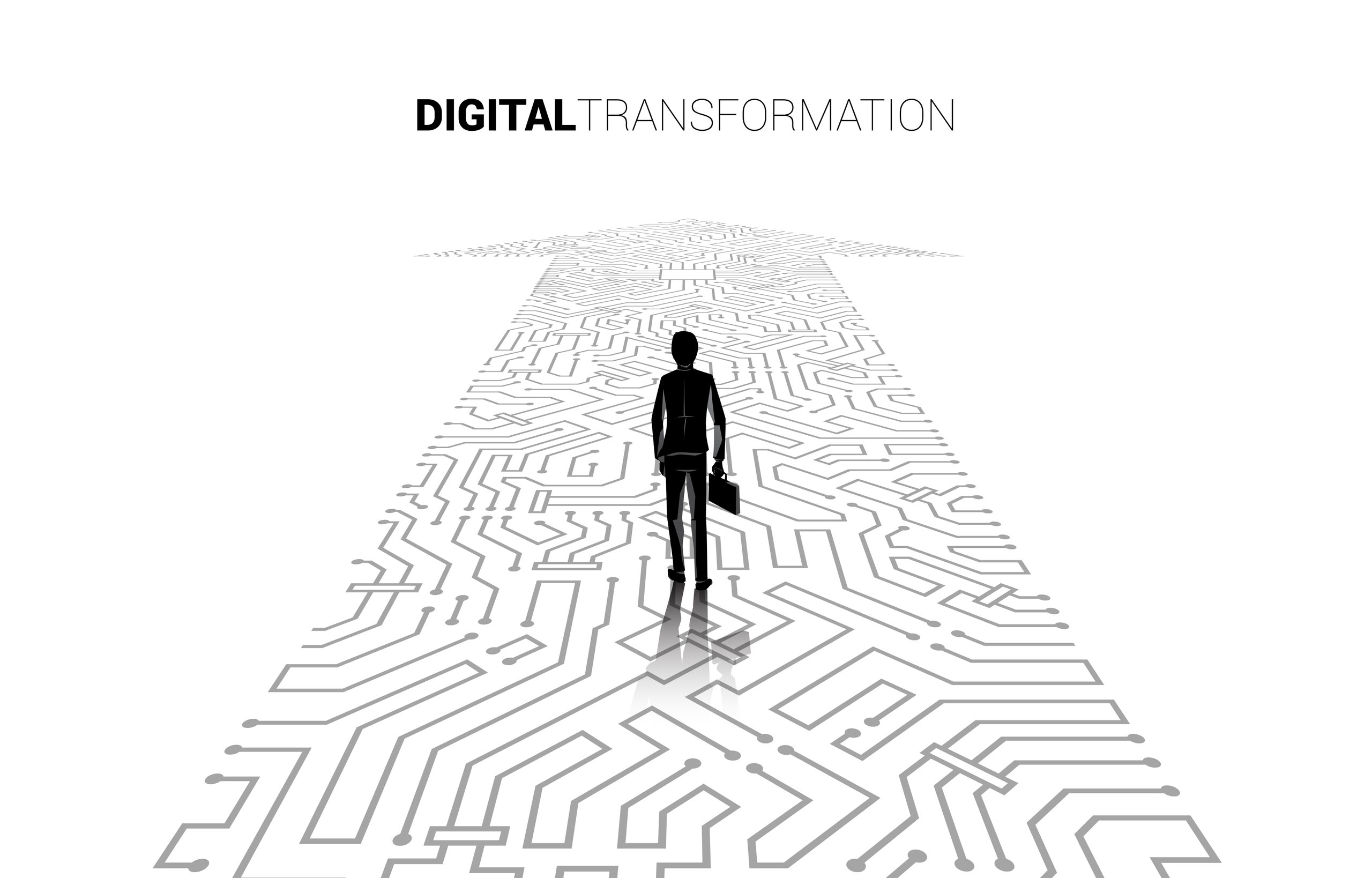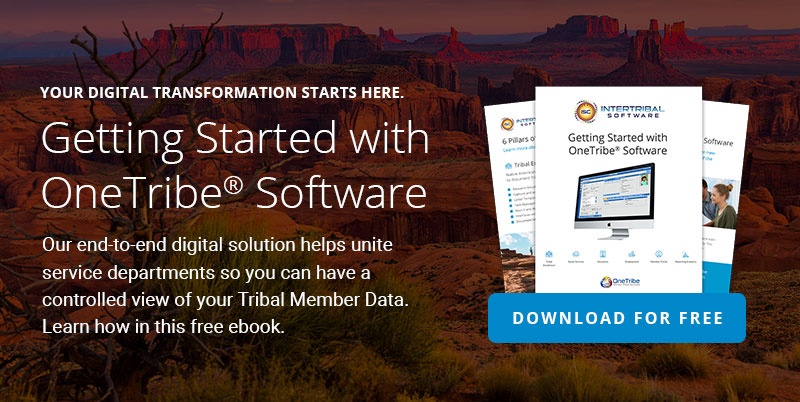
With the right strategy, digital transformation has the power to do what’s in its name – completely transforming the way you do business. Digital transformation is a strategy around improving business and customer interactions through technology. How that’s done, however, varies greatly between organizations. After all, according to Deloitte, although 87% of companies think digital will disrupt their industry, only 44% are prepared for potential digital disruption.
That’s why having a well-documented and planned out digital transformation roadmap is key to adopting technology in a way that saves revenue, time, and drives productivity for your tribal workforce and member services without causing unnecessary disruption.
Here are a few tips on how you can build a successful digital transformation roadmap for a smooth implementation process:
Know What You Want and Don’t Want
Starting at the drawing board, as they say, helps center your goals around technology. What are you ultimately wanting to accomplish with cloud computing software? Try not to be too esoteric by saying “better systems,” or “less hassle.” There will be considerable change management with a digital implementation, so carrying over your mission and tribal values to your plan will help immensely as you progress.
Building a digital transformation roadmap includes:
- Communicating your intentions to everyone who will be affected by the change
- Expressing going digital will be a process, and ups and downs will happen
- Rallying for support from team members
- Making SMART goals, or ones that are specific, measurable, achievable, realistic, and time-based, such as “Improve application submissions by 25% within the first 6 months of implementation.”
Prioritize Low-Hanging Fruit for the Biggest Impact
It will be key to collaborate with leaders to prioritize low-hanging fruit, such as mastering content management first and teaching everyone how to use the software before mastering analytics, for example.
It’s important to get everyone aligned on how the success of your digital transformation roadmap will be measured, either by the SMART goals above or through key performance indicators, or KPIs.
Allocate an operations team with tasks to help keep your project on rails. This will maintain an organized front and help you regroup regularly with team members to check in on progress and anticipate possible roadblocks that may occur. Either way, be sure to know your markers over time toward ultimate implementation success.
Give Feedback and Iterate
Going into a digital transformation roadmap isn’t a “one and done” initiative. Rather, it’s an ongoing journey requiring iterations, pivots, and adjustments along the way. Every month or phase you have that is complete, take time to reflect on where you are vs. where you are going. Communicate where the wins are and where areas of opportunity around tech still exist.
This will help you define the phases of planning, implementation, and optimizing, as an example. You can break down each phase into timeframes and once you reach those milestones or accomplishments, give time to figure out what was done right and where improvements can be made in the future. The beauty of cloud computing is there’s a lot of chances for ongoing fixes and customization without the heavy lift of new hardware or IT knowledge on your part.
The Road Goes On and On
With an effective plan, your tribal government will be well on its way toward a digital transformation journey. With an open communication model, project phases, KPIs, and supporters from leadership and employees, you’ll be sure to implement a successful digital transformation roadmap that works the best for your government.
Learn more by getting started with our software OneTribe®. We’ve helped tribes since the early 90s to configuring digital solutions that work best for their members.
Sign Up For Our Newsletter
Recent Posts
- Innovations in Housing: Revolutionizing Tribal Housing with Digital Tools for Management
- Empowering Tribal ICW Departments: Achieve ICWA Compliance and Certification Success with OneTribe® Software
- OneTribe CCA - Your Child Care Data Tracker Replacement Solution
- Transform Your Tribal Member Services With Integrated Software Solutions
- Intertribal Software Raises Strategic Investment
Categories
- OneTribe Software
- digital transformation
- tribal government software
- Laserfiche ECM
- Intertribal Software Consultants
- Childcare Assistance
- Housing Management
- Intertribal Software
- tribal member management
- AFCARS Data Collection
- Child Care Data Tracker
- Child Welfare
- Housing
- ICWA
- ICWA Compliance
- Indian Child Welfare Act
- OneTribe Platform
- Title IV-E Certification
- Tribal Data Tracker
- Tribal Family Services
- Tribal Housing
- Tribal ICWA Software

















